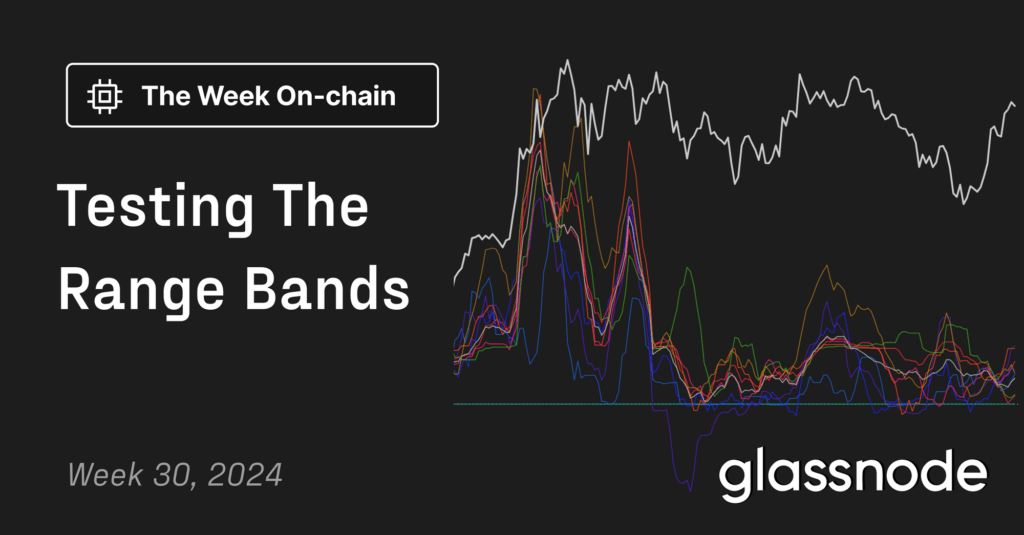Research Summary
This report explores the dark side of cryptocurrency in Southeast Asia, focusing on its use in illicit activities such as online gambling, fraud, and money laundering. The report highlights the role of Tether (USDT) in these activities, with over 115 billion USDT involved in 2022 alone. It also discusses the challenges faced by law enforcement agencies due to the anonymity, decentralization, and borderlessness of cryptocurrencies.
Key Takeaways
Use of Cryptocurrency in Illicit Activities
- Widespread use of USDT: Tether (USDT) is extensively used in illicit and gambling activities across Southeast Asia. In 2022, the scale exceeded 115 billion USDT.
- Role in fraud: Cryptocurrency is often used in Ponzi schemes, where victims are lured into investing in fraudulent platforms. These schemes often involve romantic scams, where victims are manipulated into investing large sums of money.
- Money laundering: Cryptocurrency is also used in money laundering activities, with funds often funneled into Southeast Asian money laundering hubs.
Challenges in Tracking Illicit Activities
- Tracking difficulties: The anonymity, decentralization, and borderlessness of cryptocurrencies make it difficult for law enforcement agencies to track these illicit activities.
- Use of blockchain data: Blockchain ledger data, which is publicly transparent, can be used to trace funds involved in unlawful cryptocurrency activities. Cryptographic analysts use a wide range of address labels and open-source network intelligence for this purpose.
- Resilience against market volatility: The funding scale for these activities remained relatively stable throughout 2022, indicating that they were not significantly influenced by fluctuations in the cryptocurrency market.
Impact on Trading Platforms
- Contaminated USDT: In 2022, over 14.6 billion contaminated USDT flowed into trading platform accounts, linking them to unlawful platforms.
- Preference for certain platforms: Operators and gamblers of gray and black market platforms in Southeast Asia, predominantly of Chinese origin, exhibit a preference for a minority of exchanges.
- Anti-money laundering challenges: The industry faces significant anti-money laundering challenges, with prominent mixing service platform TornadoCash sanctioned by the U.S. Department of the Treasury for allegedly assisting hackers in money laundering.
Actionable Insights
- Enhanced tracking mechanisms: There is a need for more sophisticated tracking mechanisms to trace funds involved in unlawful cryptocurrency activities.
- Regulatory measures: Regulatory measures need to be put in place to prevent the use of cryptocurrencies in illicit activities.
- Compliance: For cryptocurrency entities, compliance may be the only path forward to avoid aiding hackers and other illicit activities.












